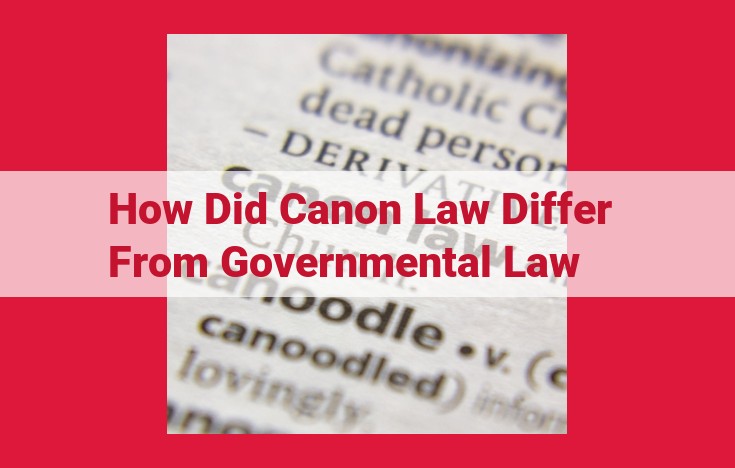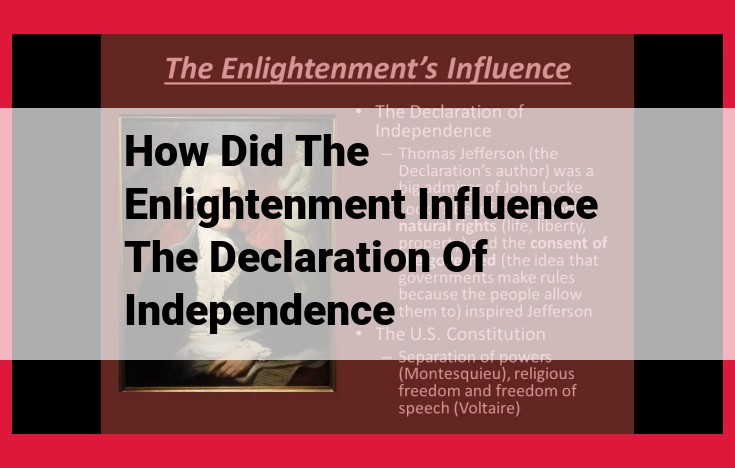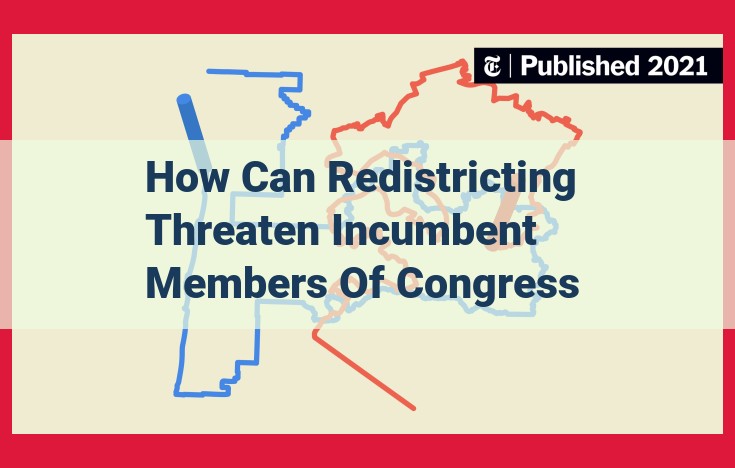Canon law, derived from religious teachings, differed significantly from governmental law. It was primarily enforced within the Catholic Church, with its own courts, canonists, and papal authority. While both systems aimed to regulate behavior, governmental law focused on civil matters and was enforced by the state. Canon law focused on ecclesiastical matters, such as marriage, divorce, and religious practices, and its authority stemmed from the Church’s divine mandate.
Understanding Legal Systems
- Brief overview of the different legal systems used throughout history
Understanding Legal Systems: A Journey Through History
Throughout the annals of human civilization, diverse legal systems have emerged, shaping the ways in which societies govern themselves and resolve disputes. While recognizing the complexities of each system, we embark on a brief overview that unveils their common threads and unique characteristics.
In the beginning, primitive societies relied on customary law, a system of unwritten rules derived from traditional practices and beliefs. These customs were passed down orally, often through stories and songs. As societies grew more complex, the need for codified law arose, leading to the development of written codes that established clear rules and penalties.
Religious law played a significant role in many early civilizations. Canon law, developed by the Church in the Middle Ages, dictated matters of faith, morality, and church governance. It heavily influenced secular law, particularly in areas such as marriage, inheritance, and criminal justice.
In contrast, secular law, independent of religious authority, emerged in various forms. Common law systems, based on judicial precedents established over time, became prevalent in countries like England and the United States. Civil law systems, rooted in codified statutes, gained prominence in continental Europe.
Modern legal systems exhibit a mix of influences from these historical foundations. They strive to strike a balance between stability and flexibility, incorporating principles of justice, fairness, and human rights. Understanding the evolution and diversity of legal systems enables us to better appreciate the complexities of our own.
Canon Law
- Definition and history of canon law
- Role of canonists in developing and interpreting canon law
- Structure and functions of the Curia
- Papal legates and their authority
- Ecclesiastical courts and their jurisdiction
Canon Law: The Legal Framework of the Church
In the tapestry of legal systems that have shaped human history, canon law stands as a unique and enduring thread. As the legal framework of the Catholic Church, it has played a pivotal role in shaping the religious, social, and legal landscape of civilizations for centuries.
Definition and History
Canon law, derived from the Greek word kanon meaning “rule,” encompasses the body of laws and regulations governing the Catholic Church. Its origins can be traced back to the early centuries of Christianity, when ecclesiastical leaders sought to establish guidelines for the conduct of the faithful and the governance of the Church. Over time, these guidelines evolved into a complex and sophisticated system of laws.
Canonists and the Development of Canon Law
The development and interpretation of canon law were entrusted to canonists, experts in ecclesiastical law. These scholars, often trained in both theology and civil law, dedicated their lives to studying and advancing the legal framework of the Church. They played a crucial role in shaping the doctrines, principles, and practices that formed the foundation of canon law.
The Structure of the Curia
The Vatican, the administrative center of the Catholic Church, is home to the Curia Romana, a complex bureaucracy that manages the affairs of the Church. The Curia, headed by the Pope, comprises various congregations, councils, and offices, each with specific functions related to the Church’s governance, doctrine, and administration.
Papal Legates and their Authority
Papal legates, representatives of the Pope, were appointed to carry out specific missions on his behalf. They possessed significant authority, often acting as intermediaries between the Pope and local churches. Legates played a vital role in enforcing canon law and maintaining ecclesiastical discipline.
Ecclesiastical Courts and Jurisdiction
Ecclesiastical courts, established within the Catholic Church, adjudicated disputes and crimes falling under canon law. These courts exercised jurisdiction over the clergy, religious communities, and, in some cases, lay persons. The procedures and principles of ecclesiastical courts differed from those of secular courts, reflecting the unique nature of canon law.
Governmental Law: A Cornerstone of Modern Societies
Governmental legal systems serve as the backbone of our modern societies, ensuring order, fairness, and the protection of individual rights. These systems are characterized by several key elements that work in concert to maintain the rule of law.
Constitutions: The Supreme Law of the Land
At the heart of every governmental legal system lies the constitution, which establishes the fundamental principles of government, defines the rights of citizens, and acts as the supreme law of the land. It provides the blueprint for the structure and powers of the government and ensures that all laws and actions align with its overarching principles.
Legislative Bodies: Creating and Passing Laws
Legislative bodies are responsible for creating and passing laws that regulate various aspects of society. These laws cover a wide range of topics, from criminal offenses to economic regulations, and establish the framework for how individuals and organizations are expected to conduct themselves.
Independent Judiciaries: Interpreting and Applying Laws
Independent judiciaries play a crucial role in interpreting and applying laws. They resolve disputes, determine the constitutionality of laws, and provide remedies for individuals whose rights have been violated. The independence of the judiciary is essential to ensure fair and impartial decision-making.
Executive Branches: Enforcing Laws
The executive branch of government is responsible for enforcing laws and carrying out the policies established by the legislative and judicial branches. It oversees law enforcement agencies, prosecutes criminal cases, and manages government agencies that provide essential services to citizens.
Comparative Analysis of Canon and Governmental Law
Similarities and Differences between Two Legal Systems
Canon law and governmental law, while distinct in their origins and scope, share certain similarities. Both systems aim to establish order and justice within their respective jurisdictions. They define rights and responsibilities, adjudicate disputes, and provide mechanisms for enforcement.
However, notable differences exist between these two legal systems. Canon law is primarily based on religious principles and ecclesiastical tradition, stemming from the Catholic Church’s teachings. In contrast, governmental law derives its authority from secular constitutions and is enacted by legislative bodies representing the will of the people.
Historical Influences on Their Development
The development of canon law can be traced back to the early centuries of Christianity. _Church councils and decrees_ established a body of law governing the spiritual and temporal affairs of the Church. Canon law evolved over time, influenced by Roman law and the writings of influential canonists.
Governmental law, on the other hand, has its roots in ancient civilizations, such as Egypt and Mesopotamia. The concept of written laws and legal institutions emerged to maintain order and resolve conflicts. As societies became more complex, governmental law systems grew more sophisticated, incorporating elements from various sources, including Roman law, common law, and natural law theories.
Current Applications in Various Societies
Canon law continues to play a significant role in the Catholic Church, governing matters of faith, discipline, and internal organization. It is applied in ecclesiastical courts and seminaries to address _issues related to marriage, annulment, and the conduct of clergy.
Governmental law is the prevailing legal system in most modern societies. It encompasses a wide range of areas, including criminal law, civil law, administrative law, and constitutional law. Governmental law is enforced through courts, police forces, and other law enforcement agencies.




